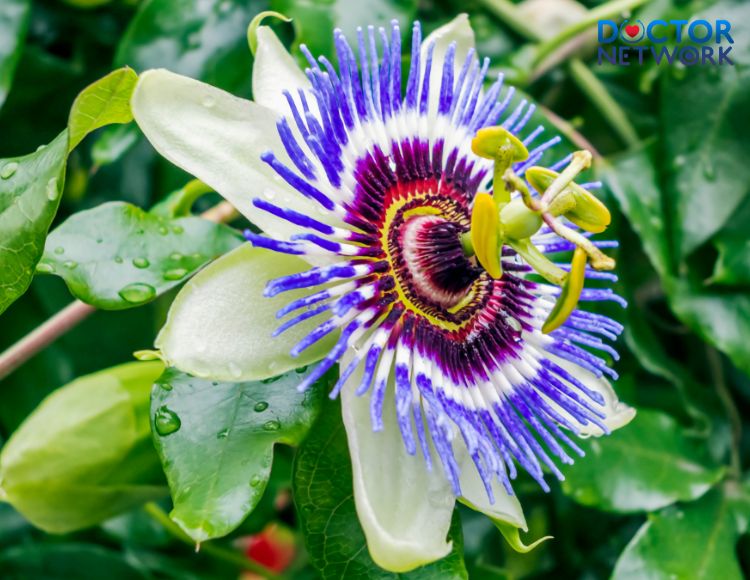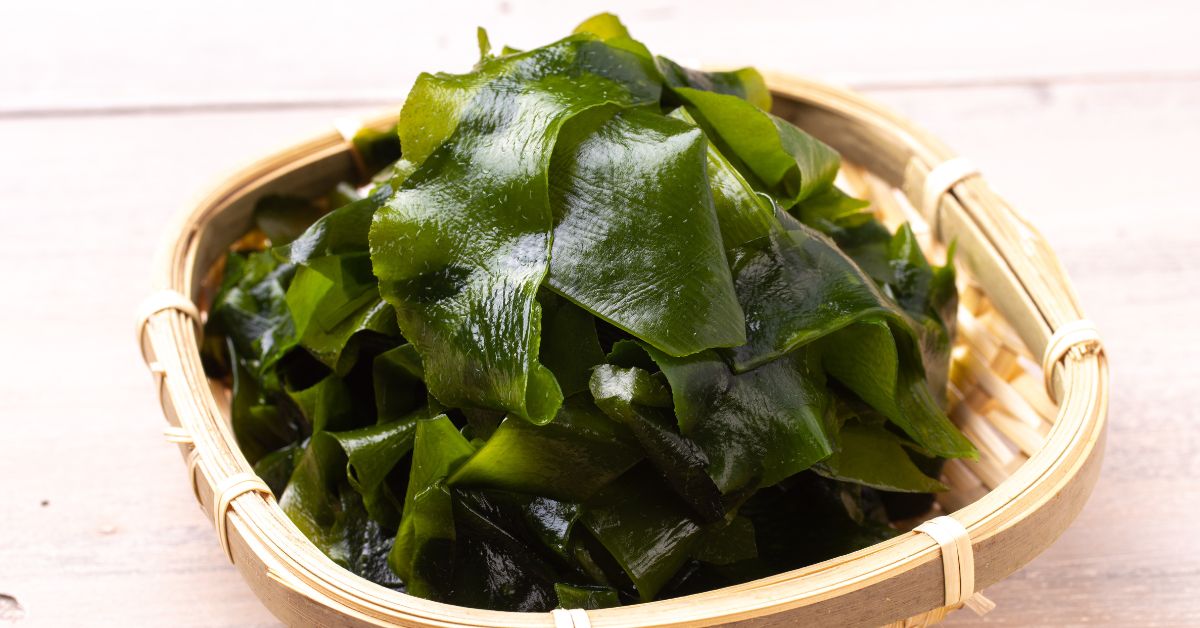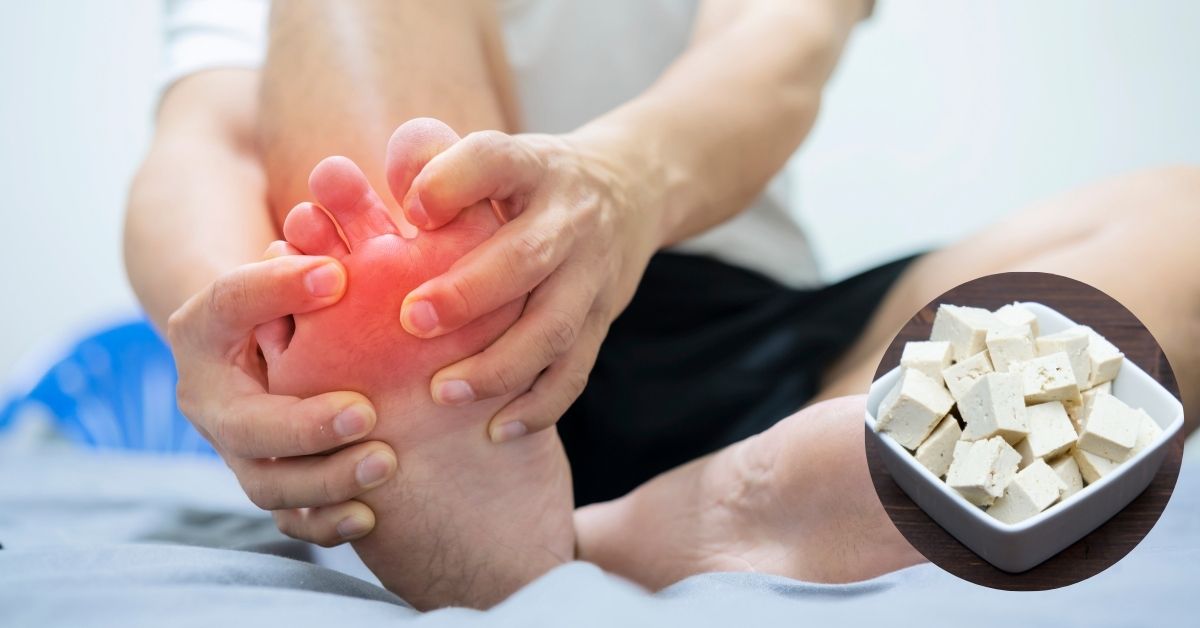Passionflower, scientifically known as Passiflora incarnata, has been a cornerstone of traditional medicine for centuries. This powerful herb is renowned for its potential to alleviate anxiety, improve sleep quality, and manage pain. However, the question of “is it good to drink a lot of passionflower” is complex and requires careful consideration. In this comprehensive guide, we’ll explore the multifaceted nature of passionflower, its effects on health, and the crucial balance between its therapeutic potential and possible risks.
This article will delve into the botanical characteristics of passionflower, its historical and modern uses, and the scientific evidence supporting its health benefits. We’ll also examine potential side effects, safe dosage guidelines, and important considerations for various populations. By the end, you’ll have a clear understanding of how to approach passionflower consumption responsibly and effectively.
What is Passionflower?
Botanical Information
Passionflower is a climbing vine native to southeastern North America. Its distinctive purple flowers have captivated botanists and herbalists alike. The plant’s leaves, stems, and flowers contain bioactive compounds, including flavonoids and alkaloids, which contribute to its medicinal properties.

Passionflower is a climbing vine native to southeastern North America
Traditional Uses
Indigenous peoples have utilized passionflower for generations to treat various ailments. Native American tribes employed it as a natural sedative and pain reliever. European settlers quickly adopted the herb, incorporating it into their own healing practices.
Modern Uses
Today, passionflower is widely recognized in the world of natural medicine. It’s commonly found in:
- Herbal teas
- Dietary supplements
- Tinctures
- Topical preparations
These modern applications aim to harness the plant’s potential for promoting relaxation and overall well-being.
Benefits of Passionflower
Anxiety Reduction
Research suggests that passionflower may help alleviate symptoms of anxiety. A study published in the Journal of Clinical Pharmacy and Therapeutics found that passionflower extract was as effective as oxazepam, a prescription anti-anxiety medication, in treating generalized anxiety disorder (GAD).
Sleep Improvement
Many individuals turn to passionflower to enhance sleep quality. Its mild sedative effects may help reduce insomnia and promote more restful slumber. A double-blind, placebo-controlled study in the journal Phytotherapy Research demonstrated that passionflower tea improved sleep quality in adults with mild sleep problems.

Many individuals turn to passionflower to enhance sleep quality
Pain Management
Emerging evidence indicates that passionflower might play a role in pain management. Its analgesic properties could potentially benefit those suffering from:
- Menstrual cramps
- Headaches
- Arthritis pain
Other Potential Benefits
| Benefit | Description | Research Status |
|---|---|---|
| Anti-inflammatory effects | May reduce inflammation in the body | Preliminary studies show promise |
| Muscle relaxant properties | Could help ease muscle tension and spasms | More research needed |
| Neurological conditions | Potential benefits for conditions like Parkinson’s disease | Early-stage investigations ongoing |
Potential Risks and Side Effects
While passionflower offers numerous benefits, it’s crucial to be aware of potential risks and side effects, especially when consumed in large quantities.
Interaction with Medications
Passionflower can interact with various medications, particularly:
- Selective Serotonin Reuptake Inhibitors (SSRIs)
- Benzodiazepines
- Other sedatives
These interactions may lead to increased drowsiness or altered drug effectiveness. Always consult a healthcare professional before combining passionflower with prescription medications.
Allergic Reactions
Though rare, some individuals may experience allergic reactions to passionflower. Symptoms can include:
- Skin rashes
- Itching
- Difficulty breathing
If you notice any of these symptoms, discontinue use immediately and seek medical attention.
Drowsiness and Dizziness
Due to its sedative properties, excessive consumption of passionflower may cause:
- Extreme drowsiness
- Dizziness
- Impaired coordination
These effects can be particularly dangerous when operating machinery or driving.
Potential for Addiction
While uncommon, there is a slight risk of developing a dependency on passionflower with long-term, heavy use. This underscores the importance of moderation and following recommended dosages.
Gastrointestinal Issues
Some people may experience digestive discomfort when consuming large amounts of passionflower, including:
- Nausea
- Vomiting
- Diarrhea
Safe Dosage and Usage
Recommended Dosages
The appropriate dosage of passionflower can vary depending on factors such as age, health status, and the form of consumption. Here’s a general guide:
| Form | Recommended Dosage |
|---|---|
| Tea | 1 cup (240 ml) up to 3-4 times daily |
| Liquid extract | 10-30 drops, 3 times daily |
| Capsules | 300-400 mg, up to 3 times daily |
Different Forms of Passionflower
Passionflower is available in various forms, each with its own considerations:
- Tea: Easy to prepare and widely available
- Tincture: Concentrated form, allowing for precise dosing
- Supplements: Convenient capsules or tablets for consistent intake
Seeking Professional Advice
Before incorporating passionflower into your routine, especially in large quantities, consult a healthcare provider. They can offer personalized guidance based on your individual health profile and any medications you’re taking.
Considerations for Pregnancy and Breastfeeding
Pregnant and breastfeeding women should avoid passionflower due to insufficient safety data. The herb’s effects on fetal development and infants are not well-studied, making it prudent to err on the side of caution.

Pregnant and breastfeeding women should avoid passionflower due to insufficient safety data
Passionflower: A Natural Remedy or a Cure?
Limitations of Current Research
While passionflower shows promise in various areas of health and wellness, it’s essential to recognize the limitations of current research. Many studies have been small-scale or conducted on animals, necessitating further investigation to fully understand its effects on humans.
Importance of Consulting a Medical Professional
Your healthcare provider is the best resource for determining whether passionflower is appropriate for your specific health needs. They can help you weigh the potential benefits against any risks based on your medical history and current medications.
Understanding the Role of Passionflower in Health and Wellness
Passionflower should be viewed as a complementary approach to health, not a standalone cure. It may be most effective when integrated into a holistic wellness plan that includes proper nutrition, regular exercise, and stress management techniques.
Frequently Asked Questions (FAQs) about “is it good to drink a lot of passionflower”
Does Passionflower Really Work?
Scientific evidence suggests that passionflower can be effective for anxiety and sleep issues. However, individual results may vary, and more research is needed to fully understand its efficacy across various health conditions.
How Long Does It Take for Passionflower to Work?
The onset of passionflower’s effects can vary. For anxiety relief, some people report feeling calmer within 30-90 minutes. For sleep improvement, it’s often recommended to take passionflower about an hour before bedtime.
Can I Take Passionflower Every Day?
While short-term daily use is generally considered safe for most adults, long-term daily consumption should be discussed with a healthcare provider. They can help monitor for any potential side effects or interactions.
Is Passionflower Addictive?
Passionflower is not typically considered addictive. However, as with any substance that affects mood or sleep, there’s a small risk of psychological dependence with long-term use.
Where Can I Buy Passionflower?
Passionflower products are widely available in:
- Health food stores
- Online retailers
- Some pharmacies
- Specialty tea shops
Always choose reputable brands and, when possible, opt for organic, third-party tested products to ensure quality and purity.
Scientific researches on “is it good to drink a lot of passionflower”
- “A double-blind, placebo-controlled investigation of the effects of Passiflora incarnata (passionflower) herbal tea on subjective sleep quality” by Ngan and Conduit (2011), published in Phytotherapy Research.
- “Passiflora incarnata L.: ethnopharmacology, clinical application, safety and evaluation of clinical trials” by Miroddi et al. (2013), published in the Journal of Ethnopharmacology.
- “Passionflower Extract Antagonizes the Expression of Nicotine Locomotor Sensitization in Rats” by Breivogel and Jamerson (2012), published in Pharmaceutical Biology.
- “Anxiolytic and sedative effects of extracts and essential oil from Citrus aurantium L.” by Carvalho-Freitas and Costa (2002), published in Biological and Pharmaceutical Bulletin. (This study includes passionflower as a comparison)
- “Passion Flower Extract Antagonizes the Expression of Nicotine Locomotor Sensitization in Rats” by Dhawan et al. (2002), published in Addiction Biology.
Conclusion
Recap of Key Points
Passionflower offers a range of potential health benefits, particularly for anxiety reduction and sleep improvement. However, consuming large quantities may lead to side effects and interactions with medications. Safe, moderate use under professional guidance is key to harnessing its therapeutic potential.
Encouragement for Responsible Use and Further Research
As we continue to uncover the full spectrum of passionflower’s effects, it’s crucial to approach its use with both enthusiasm and caution. Stay informed about the latest research, and always prioritize your health and safety when exploring natural remedies like passionflower.
Remember, while passionflower can be a valuable addition to your wellness toolkit, it’s not a substitute for professional medical advice or treatment. By combining the wisdom of traditional use with modern scientific understanding, we can optimize the benefits of this remarkable herb while minimizing potential risks.
References:
https://www.traditionalmedicinals.com/blogs/herb-library/passionflower
https://www.medicalnewstoday.com/articles/323795
https://www.webmd.com/vitamins/ai/ingredientmono-871/passionflower
Kiểm Duyệt Nội Dung
More than 10 years of marketing communications experience in the medical and health field.
Successfully deployed marketing communication activities, content development and social networking channels for hospital partners, clinics, doctors and medical professionals across the country.
More than 6 years of experience in organizing and producing leading prestigious medical programs in Vietnam, in collaboration with Ho Chi Minh City Television (HTV). Typical programs include Nhật Ký Blouse Trắng, Bác Sĩ Nói Gì, Alo Bác Sĩ Nghe, Nhật Ký Hạnh Phúc, Vui Khỏe Cùng Con, Bác Sỹ Mẹ, v.v.
Comprehensive cooperation with hundreds of hospitals and clinics, thousands of doctors and medical experts to join hands in building a medical content and service platform on the Doctor Network application.

























